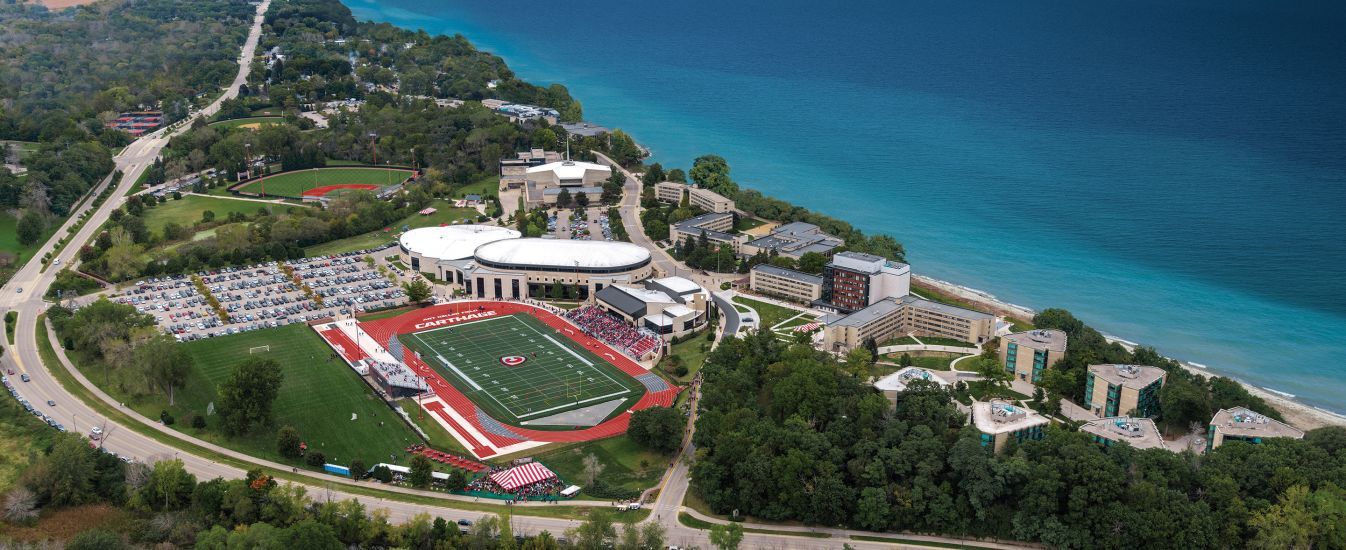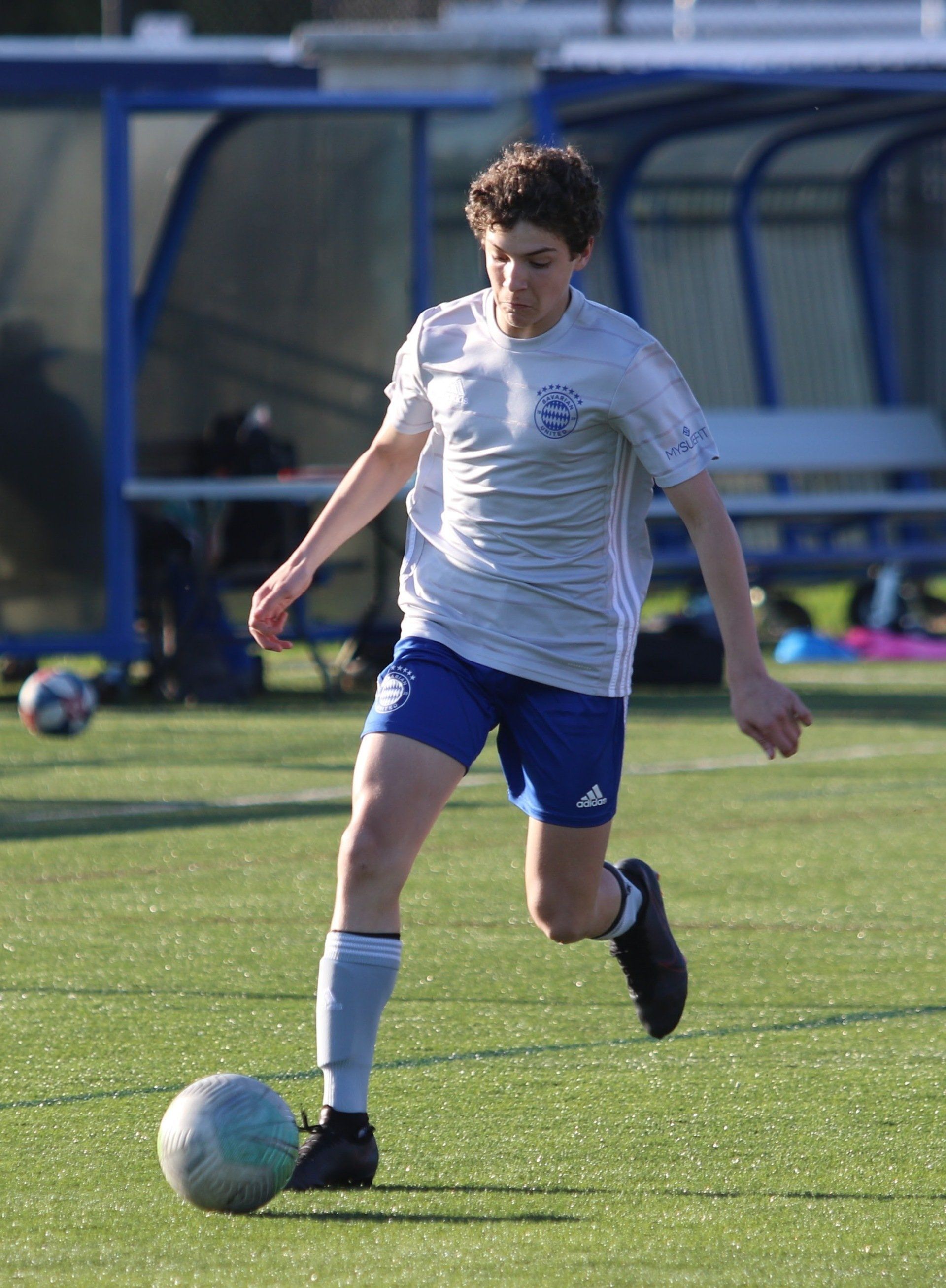College Recruiting

College Recruiting Resources
College Recruiting Pathway
What steps should I take if I am interested in playing collegiate soccer?.
Freshman Year
- Focus on good grades
- Create an NCAA Eligibility Center profile
- Build a list of schools
- Create a Youtube channel and start gathering film for a highlight tape
Sophomore Year
- Build your highlight tape
- Begin attending ID camps and visiting campuses
- Begin emailing coaches
Junior Year
- Continue to update your highlight tape
- Keep in contact with prospective schools
- Attend prospective school ID camps
Senior Year
- Continue to update your highlight tape
- Maintain communication with your main prospective schools
- Prepare & understand your commitment level to the school
Recruiting Process Overview
The player should be driving the recruiting process
Not a parent and not a coach
- The recruiting timeline differs for each player due to various factors: Desire to play collegiate soccer, exposure to coaches, recruiting philosophy of schools, time of development, etc.
- The prospective student-athlete (PSA) can reach out to schools at any time, but the earliest that a NCAA coach can have direct contact with a PSA is June 15th after their sophomore year – very few players will receive this immediate contact.
- Relationships with coaches develop on differing timelines. The college’s recruiting philosophy will determine how many times they want to see a PSA play, how many times they would like the PSA to visit campus, etc.
- After the relationship develops, the process can lead to a verbal offer, a verbal commitment, a written offer, and then an official commitment via a National Letter of Intent.

UW Madison
Division 1
Enrollment: 49,886

UW Parkside
Division 2
Enrollment: 4,829

Carthage College
Division 3
Enrollment: 2,559

What Schools Should I Look At?
3 Main Areas To Consider
- School Experience
- Field of study, academic support, reputation, class size, faculty, post-grad statistics, etc.
- Soccer Experience
- Coaching staff, program philosophy, style of play, facilities, conference, W/L success, performance staff, team culture, etc.
- Campus Experience
- Location, size of school, urban vs rural, campus culture, climate, role of athletics on campus, etc..
Collegiate Coach Communication
Emails
- Should be professionally written
- Include all coaches on staff until a coach replies directly to you
- It is normal if you don’t receive a response on your first email
- Good way to provide updates on your season
Texts
- Should be completed between 8am and 8pm
- Refrain from using ‘texting language’, even if the coach is using it
- Good way to provide last minute changes to game times, location, etc.
Calls
- All calls with coaches should be scheduled calls
- Do not be distracted or doing other things while on the call
Video Calls
- Wear appropriate clothing and be presentable
- Be on time
- Use a quiet room without distractions

Preparing For ID Camps
2 Main Reasons to Attend a College ID Camp
Attending a camp to get the experience of a College ID Camp
- Good idea to attend an ID camp early in high school to get a feel for how they work.
- Your first college soccer ID camp should not be at your dream school!
Attending a camp at a school with realistic interest in you
- Usually won’t happen until 2nd half of high school.
- Could include a “Dream” school, but should definitely include a “Realistic” school.
ID Camp Etiquette
- Send an email prior to the camp introducing yourself to the staff with a copy of your highlight tape
- Introduce yourself with a handshake before the camp
- Stay for a ‘thank you conversation’ following the camp
- Complete proper follow-up communication (depending on the status of the relationship, this could be an email, a text, a phone call, etc.)
- Prepare well and take care of your bodies – usually a lot of soccer in a short period of time
Bavarian United SC
Bavarian United SC, 700 W Lexington Blvd, Glendale, WI 53217
info@bavarianunited.com


